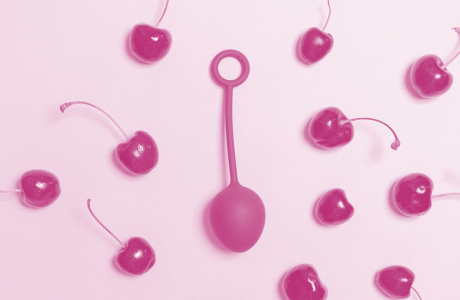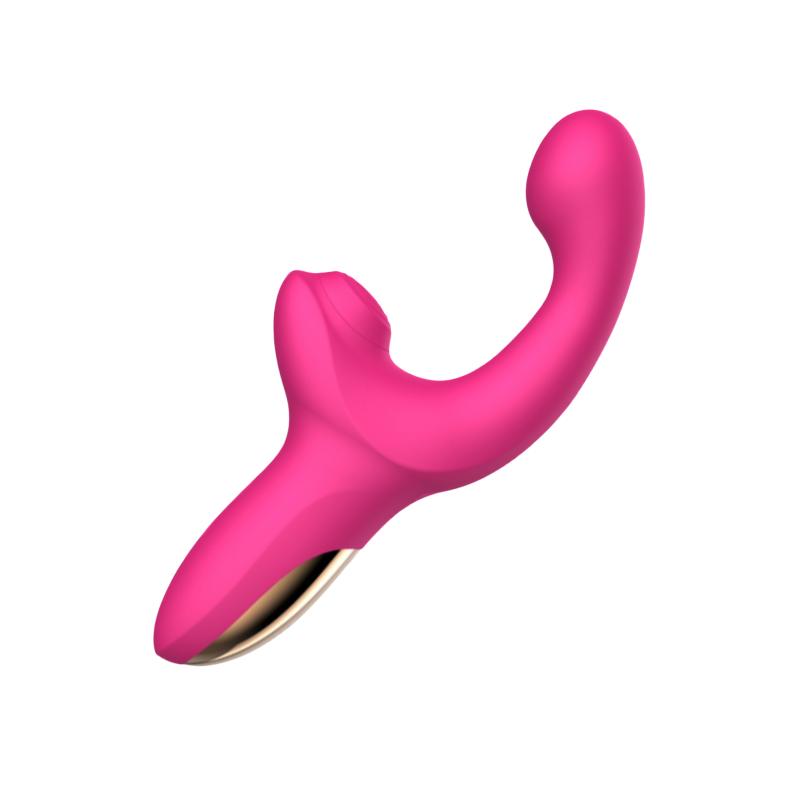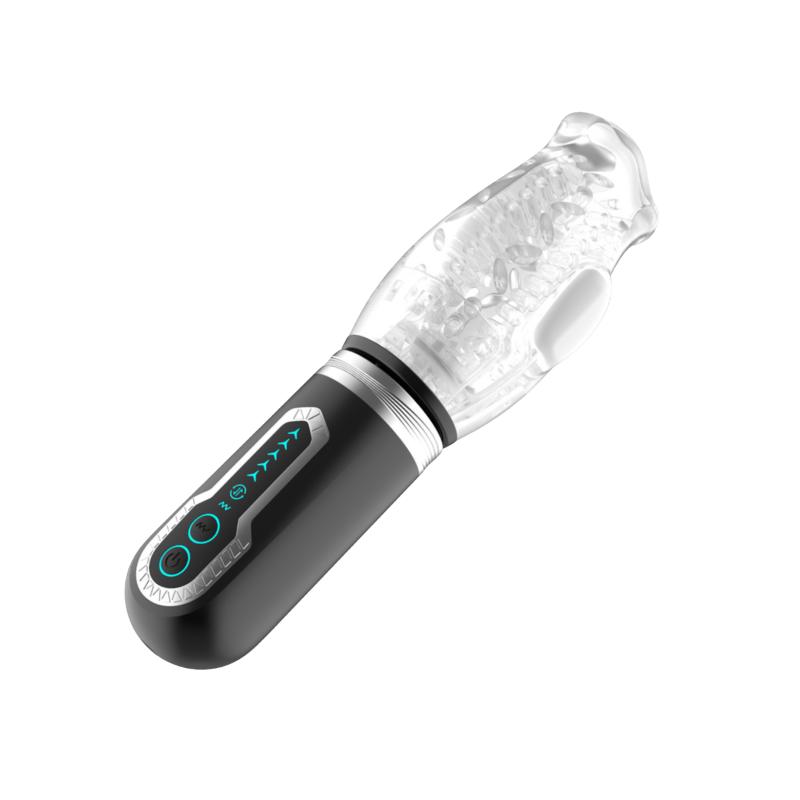
NEWSLETTER SIGN-UP! FREE ADULT TOYS & SPECIAL ONLINE OFFERS
Stay connected with our website and we will send you sexy tips & adult only sales!
Opt-out anytime with one click. Don't worry, we will never share your info.




Sexercising is a great way to tone those sex muscles, get in shape, and up your performance and libido in the bedroom, all at the same time.
So, if you’ve ever wondered what is “sexercise” and how to do it, read on to find out all the benefits, as well as 9 hot, sweaty ways to enhance your sex life through sexercises.

Stay connected with our website and we will send you sexy tips & adult only sales!
Opt-out anytime with one click. Don't worry, we will never share your info.




















